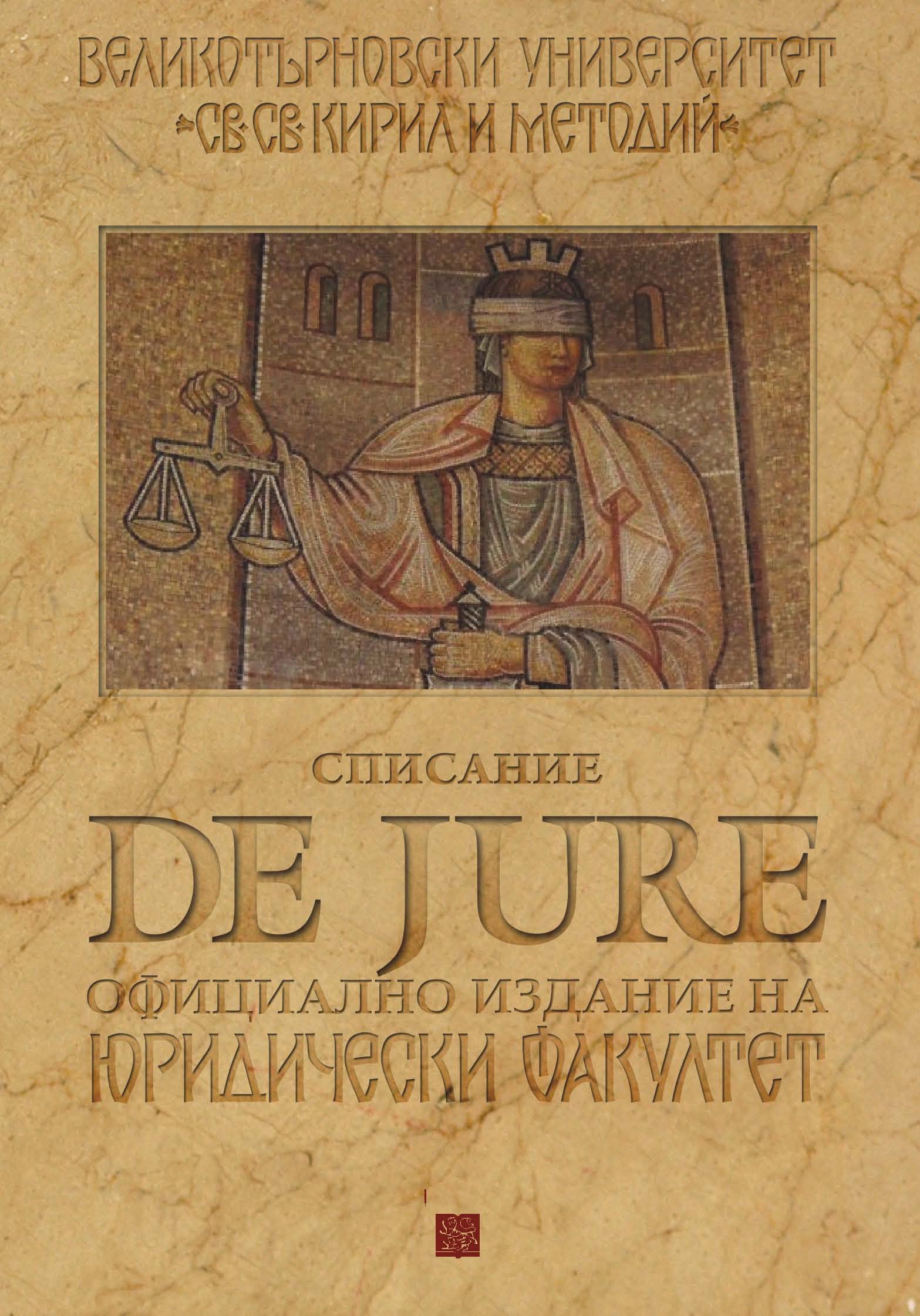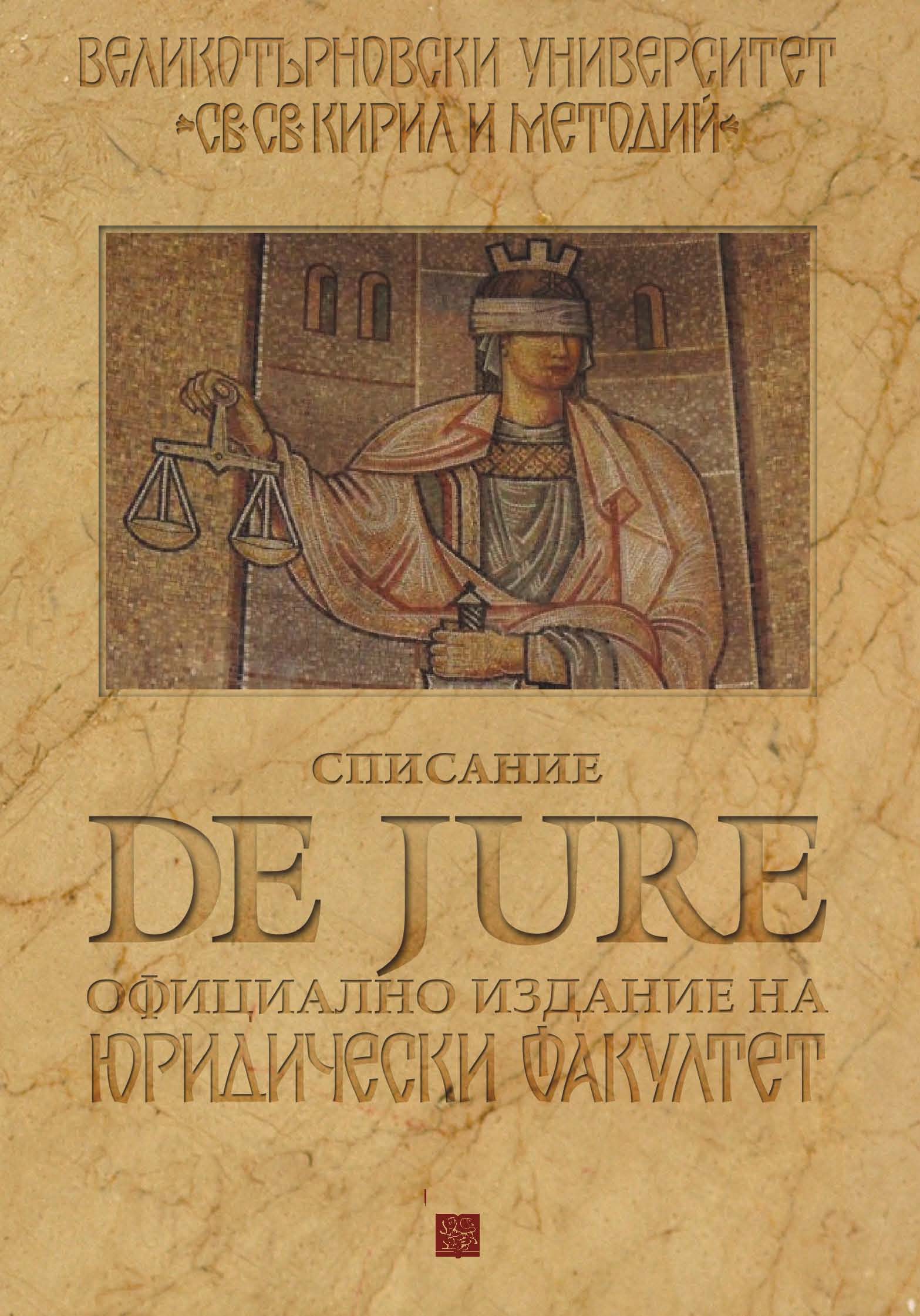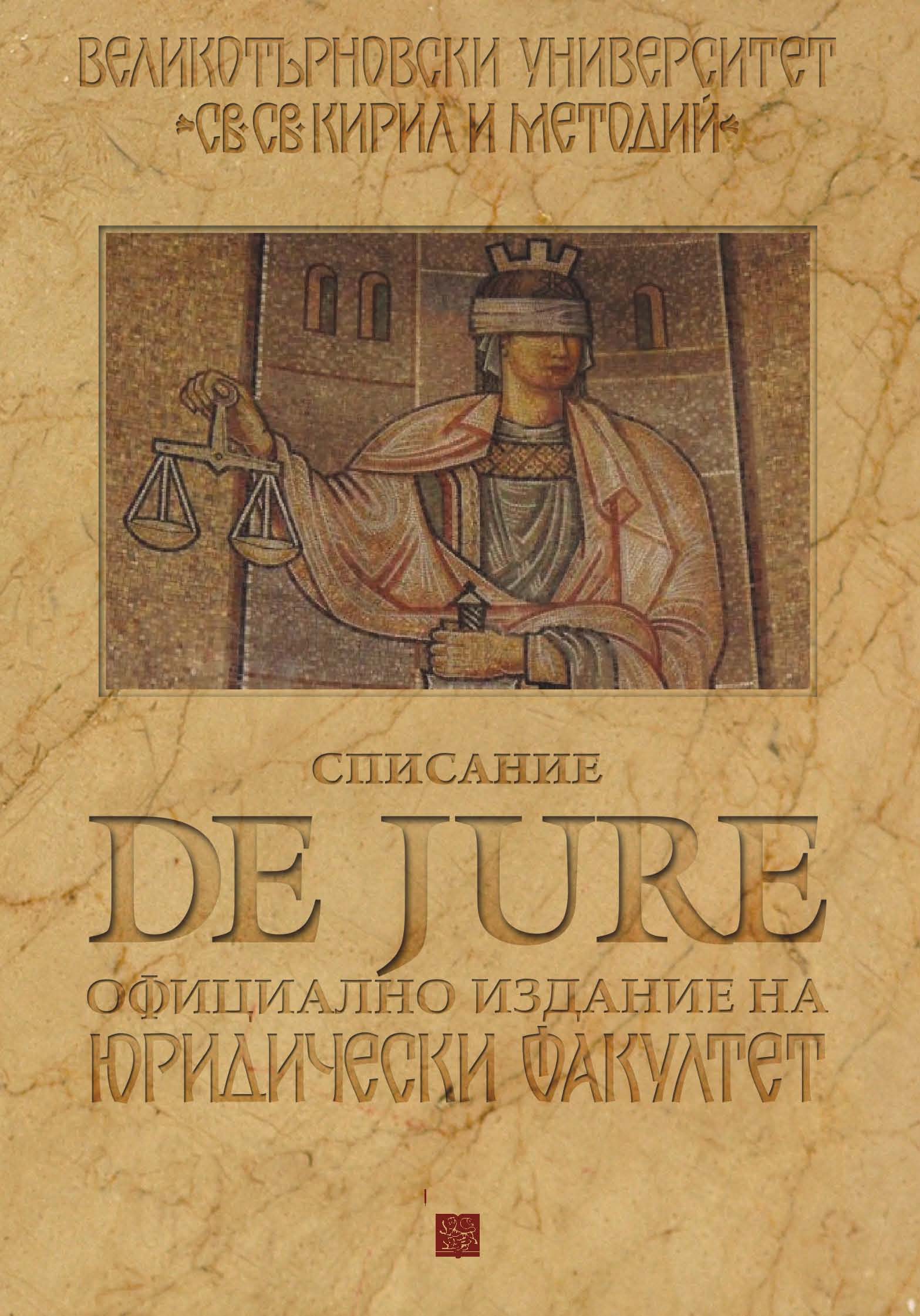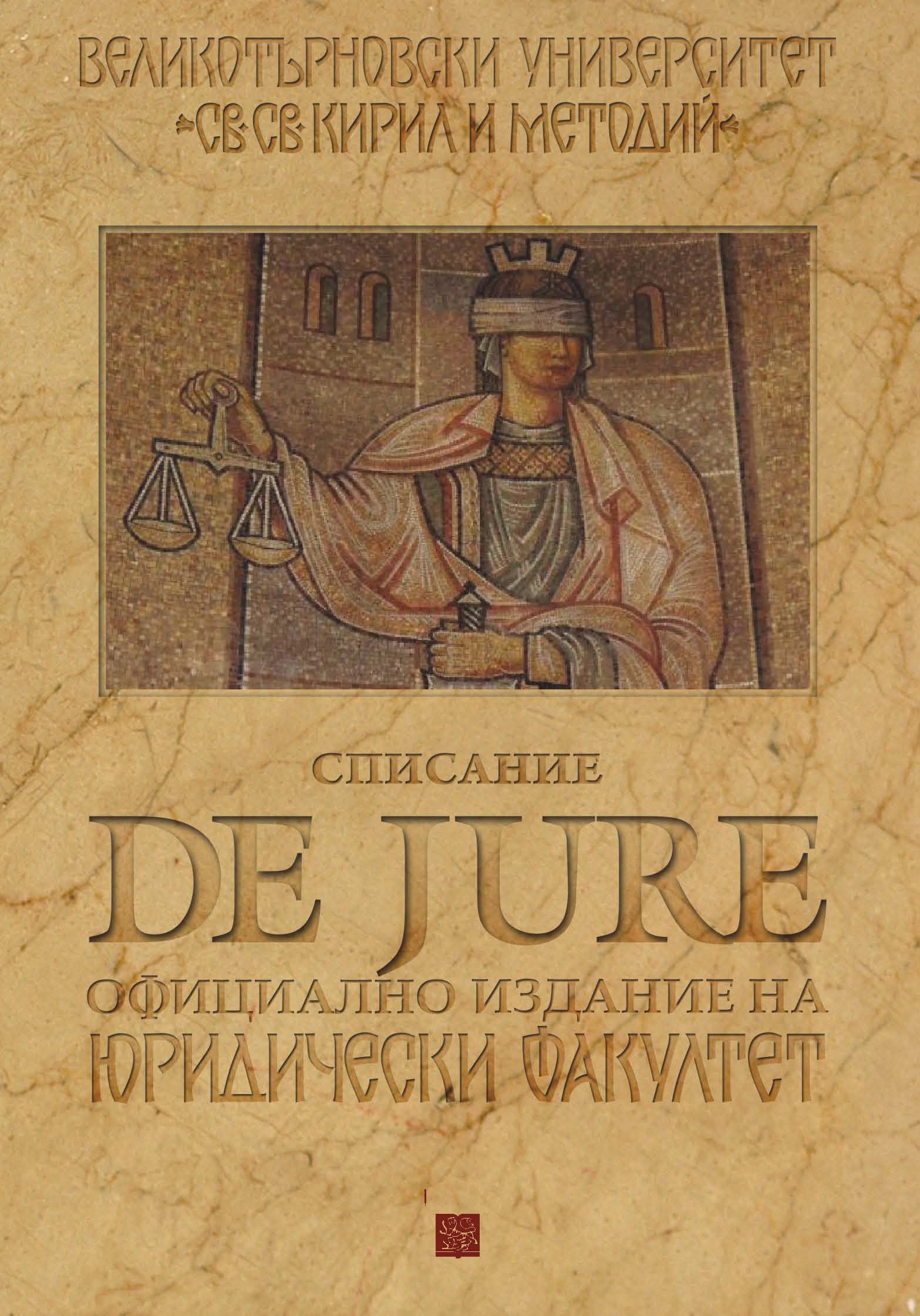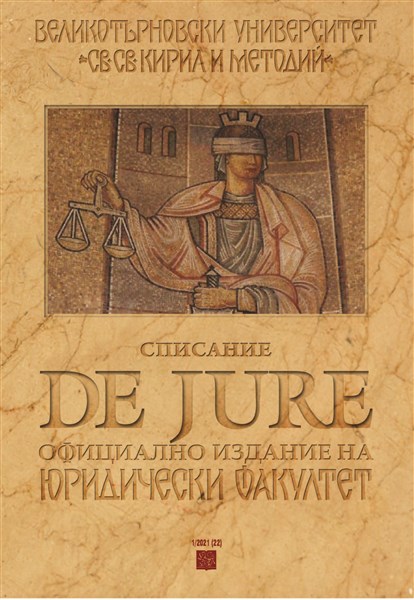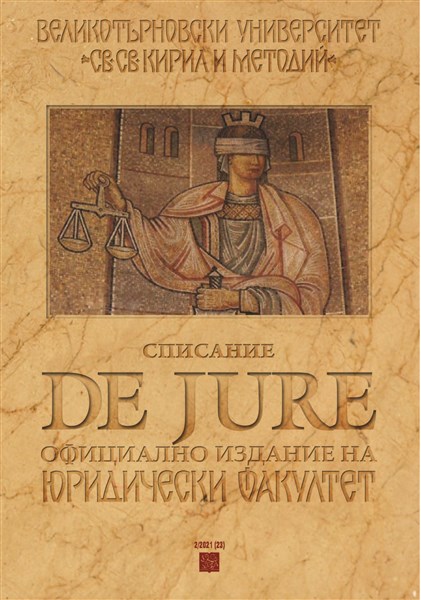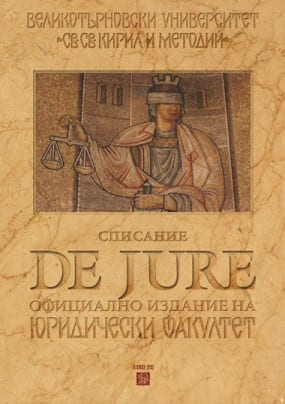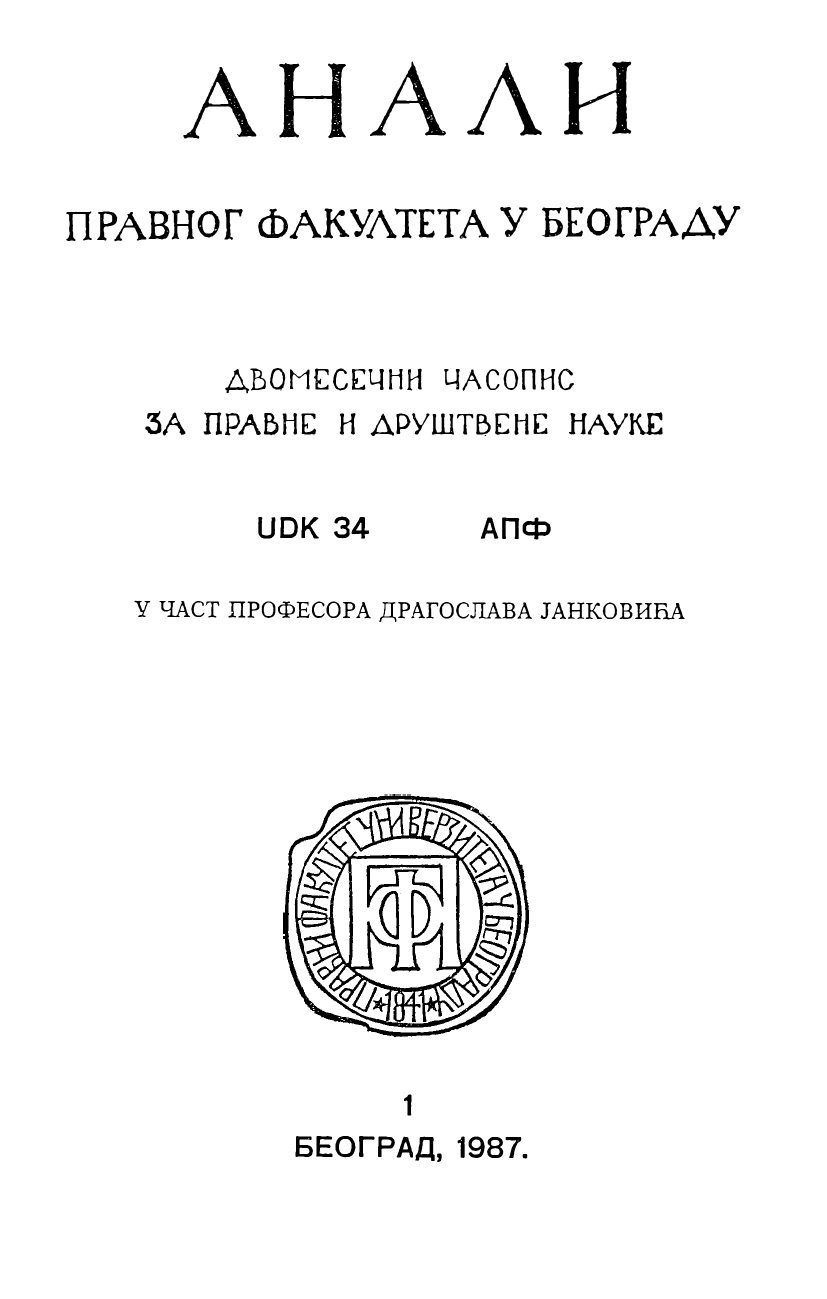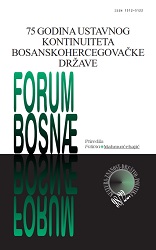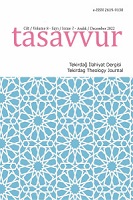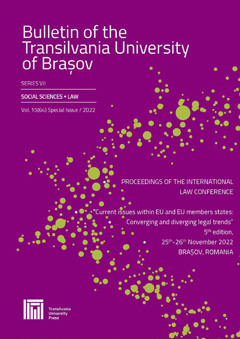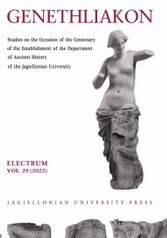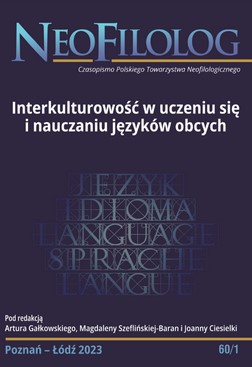Author(s): Cemil Cahit MOLLAİBRAHİMOĞLU / Language(s): Turkish
Issue: 2/2022
The Prophet forbade the visit to the grave to everyone, men and women, in the early years of Islam, as it would lead to inconvenient consequences and cause a number of prohibitions. Scholars are in agreement on this issue. Because at that time, many traditions of ignorance, especially polytheism, were still alive. The Arabs committed acts that led to polytheism in the graves, said bad words, cried shouting, lamented, and boasted about the dead in the graves. Since women are more prone to these negative behaviors, the Prophet specifically forbade them from visiting and made statements containing heavy threats. Most of the scholars later said that the ban was lifted because the commandments and prohibitions of Islam were thoroughly adopted and started to be applied, while some of the people of tabiin argued that the ban continued. And those who say that the ban has been lifted it is divided into two, one part said that it is for all men and women, the other part however, said that the ban has been lifted only for men and continues for women. In this article, first of all, the narrations of the Prophet that encourage the visit to the grave, stating that he and his companions personally visited the grave, will be transmitted and evaluated. Later, the seemingly contradictory narrations that prohibit visiting the grave for women and again state that their visit is not forbidden will be examined, different opinions, sectarian, fiqhi disputes and interpretations put forward to this day about visiting the grave will be transmitted one by one, and will be evaluated by considering the evidences and the reasons.
More...
